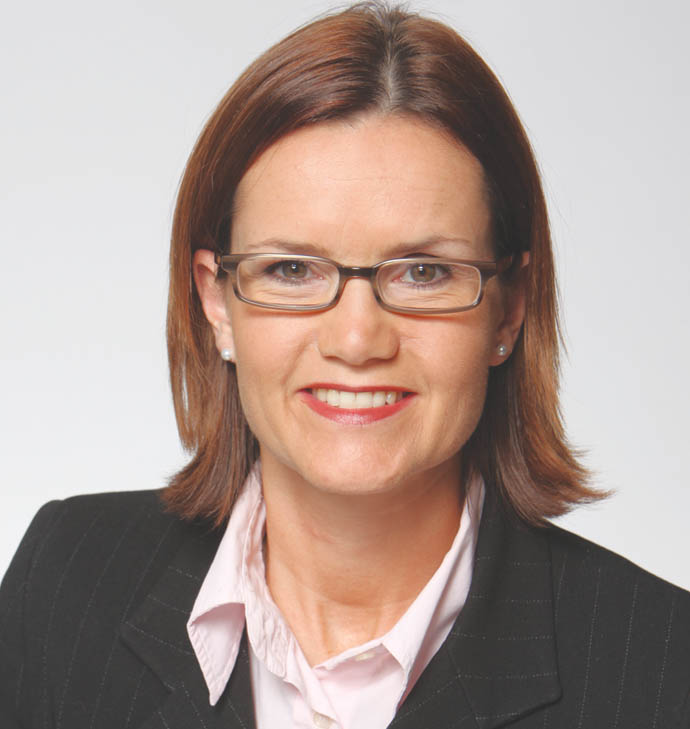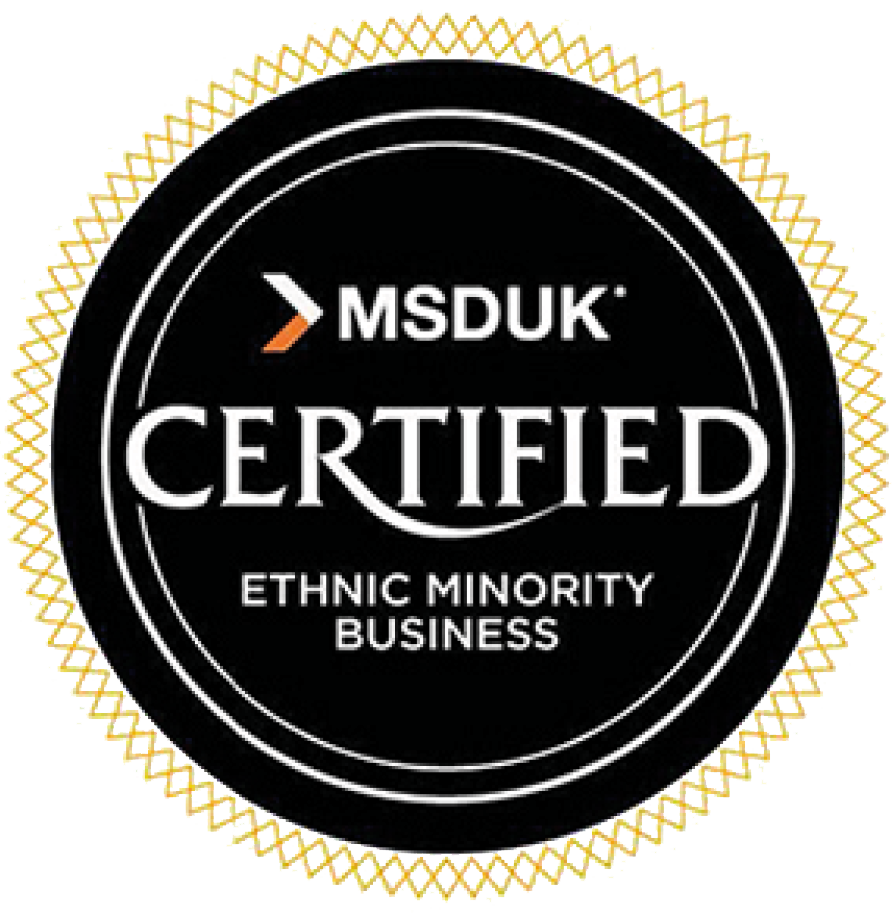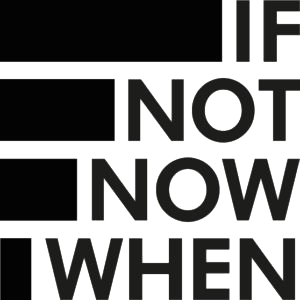How did you get involved with the LGBT+ Community at Eversheds Sutherland?
As the Corporate Social Responsibility (CSR) lead for Eversheds Sutherland since 2014, it is a natural extension that I’m also a supporter and ally within our Eversheds Sutherland Perspective network.
Perspective is Eversheds Sutherland’s LGBT+ and supporters’ employee network, which encourages all employees and partners at Eversheds Sutherland to be their true selves at work. In 2016, Greg Louganis launched our Irish Perspective group at an event, where he spoke from personal experience about the importance of “bringing your whole self to work” and the impact on people personally and professionally if you are not supported to do so. As I listened to him I realised that I had been ‘covering’ around my colleagues regarding changes in my own immediate family. In the months prior to his presentation my son, then aged seven, had socially transitioned from living as gender female, as assigned at birth, to male. He had changed his name, cut his hair, and had requested for everyone in our life – family, neighbours, friends, school and sports – to call him Steve and to use male pronouns. Up until Greg’s presentation I had not acknowledged to myself how socially awkward I was talking about this. Using Steve’s bravery as inspiration and Greg’s presentation as a conversation-starter, the next day I reached out to my team, and to a number of friends and colleagues. The support as I received was phenomenal, and I must admit most unexpected in terms of the level of compassion and understanding as I received. I acknowledge that even as a parent and ally the benefits of such support were hugely positive for me personally, and professionally in my workplace. Having felt these benefits first hand, I vowed to be a supporter and an ally.
What do you need to do to become a good ally for LGBT+ people? Do you have any tips?
To my mind being a good ally is very similar to being a good friend or sibling. You have to be kind, listen without judgement and with an open mind. Put yourself in the other person’s shoes, and offer your support. The term support can mean different things. Sometimes, it simply means listening whereas other times it means speaking up. Or, it can mean checking in with the other person/people – using their experience to guide your understanding so that you are more informed, should you need to offer support to others in similar situations in the future.
As part of Eversheds Sutherland Inclusion Week 2018, I was called upon by my Perspective colleagues to speak up. I could not refuse. I had no reason not to, other than anxiety at sharing elements of my personal life in such a public forum, and worrying that they might not be understood or ‘accepted’ by my colleagues. This was my own version of a nervous public-sharing experience, and it was truly nerve wracking. I can only imagine how difficult it must be to have to come out on endless professional and personal occasions. I was lucky. I was offered such kindness and understanding – as a parent, and as a colleague – that I was moved beyond words.
What changed about your approach to allyship after your son came out?
I feel lucky that I was an adult before I had to face inquiries about my parenting or my son’s choices. I was able to deal with those initial questions on his behalf, with years of life experience behind me. I cannot imagine going through that period as a child or teenager. I am consistently humbled when I talk to my LGBT+ friends and hear of the fortitude and resilience they had to build during their teenage years and when starting out at work. It is important, therefore that I learn from them how I can appropriately support them and the wider LGBT+ community.
Having been through your own experience of having a transgender child, do you see the issues faced by LGBT+ people in the workplace in a different light?
As a parent of a transgender child, I have had to accept parent ‘role reversal’ – instead of playing the expected parent role of leading and guiding the child, I have had to be led. From the age of 2 1/2, he has been consistently clear and persistent about his gender non-conforming feelings and identity. I have learned to listen, to be open, and to learn from my son. Having faced my own share of health, personal and professional challenges, I felt I had experienced many issues in life. But none of them could be likened to what Steve faces, daily. To best support him, and to grow and be a better person and I have reached out to and sought advice and guidance from my friends in the LGBT+ community. I try to see the world from my son’s perspective. He is on alert to who knows who doesn’t, and is sometimes on edge around those he is anxious about telling his story to. That is an extra layer of anxiety and worry that a kid should not have to deal with – he should be carefree, telling jokes and playing around with his friends.
In my professional life I can now empathise and appreciate that if I was seeking to cover or hide something, for instance the gender of my partner, the impact this would have on how I mixed and interacted with my colleagues. Things that seem simple like sharing small talk about my weekend or completing family details on forms would give rise to anxiety, fear and dread. I’d likely feel, and become, excluded. It’s not how it should be, but it is often the reality. And that’s hard.
How have you gone about being an ally in the work environment?
It is my duty, and I believe it is everybody’s duty and responsibility, to make the effort to be inclusive. We can all try to do this by challenging ourselves to start and continue conversations that are inclusive. We can reach out to those who appear to be on the fringes of conversations, to appear reluctant to attend events. We can, in a respectful and appropriate manner, check in with them to see if we can be a support to them. I can now appreciate that a loose question, a throw away remark made innocently can be harmful.
Although I’m now more self-aware, I have also learned lessons the hard way. I have often said the wrong thing. I have had occasions when I have been so uncomfortable I did not know how to undo or recover, so I slipped away. In recent years when this happens, and it still does, I go back. I apologise and I say aloud that I will do my best to ensure that it does not happen again.
Considering your son and his future experience of the world, what do you envision a perfect and inclusive workplace to be like?
I would anticipate that members of the LGBT+ community would view society’s progress and efforts as being viewed broadly along ‘generational’ lines. I would like to think that students leaving school in 2019 would expect their fellow students, colleagues and their workplaces to be LGBT+ inclusive. I would anticipate that they would observe a lack of inclusion as akin to a lack of respect, and as ignorance. Therefore, we in Eversheds Sutherland are listening, and we are keeping in step with our colleagues’ expectations of respect by way of our proactively inclusive culture, and our values. We continue to develop our inclusive policies as leaders rather than followers, as a legal professional services firm.
How would you summarise the learning journey you have been on?
In April 2016, I dialled a phone number to a parent support line, which I found on the Transgender Equality Network of Ireland (TENI) website. Over the course of the following fifteen minutes, I received the compassionate advice that would change my life. When I made that phone call, I was somewhat in despair. As a parent, I was lost, I was confused. I felt an utter conflict between what I instinctively believed was the right thing to, and the unforeseen territory ahead.
We have all heard the phrase “you have to see it to be it”. I did not then know any parents of transgender children. I could not see or appreciate the practical, theoretical, or indeed intellectual debates they battled with during sleepless nights. I have said on many occasions there is no question ever asked about the rights, wrongs, pros, cons, ups, and downs of my son’s experience that I as a mum have not asked myself. I can say with humour that there is of course a risk of overthinking it. It may well be new territory to me. My child is seeking to lead a life that I have not lived or anticipated that he would live. That just means I have to learn more, to try harder to understand. I have to listen harder. I have of get out my comfort zone, meet him in his safe zone and go on that journey with him. I am sure he will tell me I mess up regularly, but I will reply that most parents do. All I can do is my best. The analogy that I use is that on a parenting journey I have been asked to jump off at a train station I did not even know existed. We are having fun, and living each day to the fullest – one day at a time.
As of September 2019 my son is now 11. His life is not a fairy tale, it is not all positive or all easy – no one’s is. However, today he lives as Steve, he sees a future for himself as Steve, and is able to better articulate his feelings and insights. He is happy. Like any parent, I am of course biased. But I confess that I truly believe that he is one of the bravest, most honest people I know. Steve inspires me to be open, inclusive, to keep learning, to have compassion, and to ask for help. This personal experience as a parent informs and guides me as an ally of the LGBT+ community, and in how I try to be a good friend, and mother.




